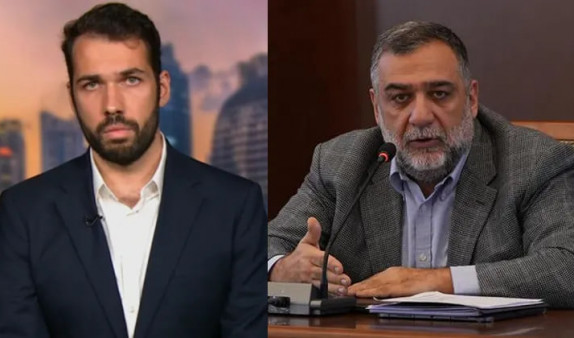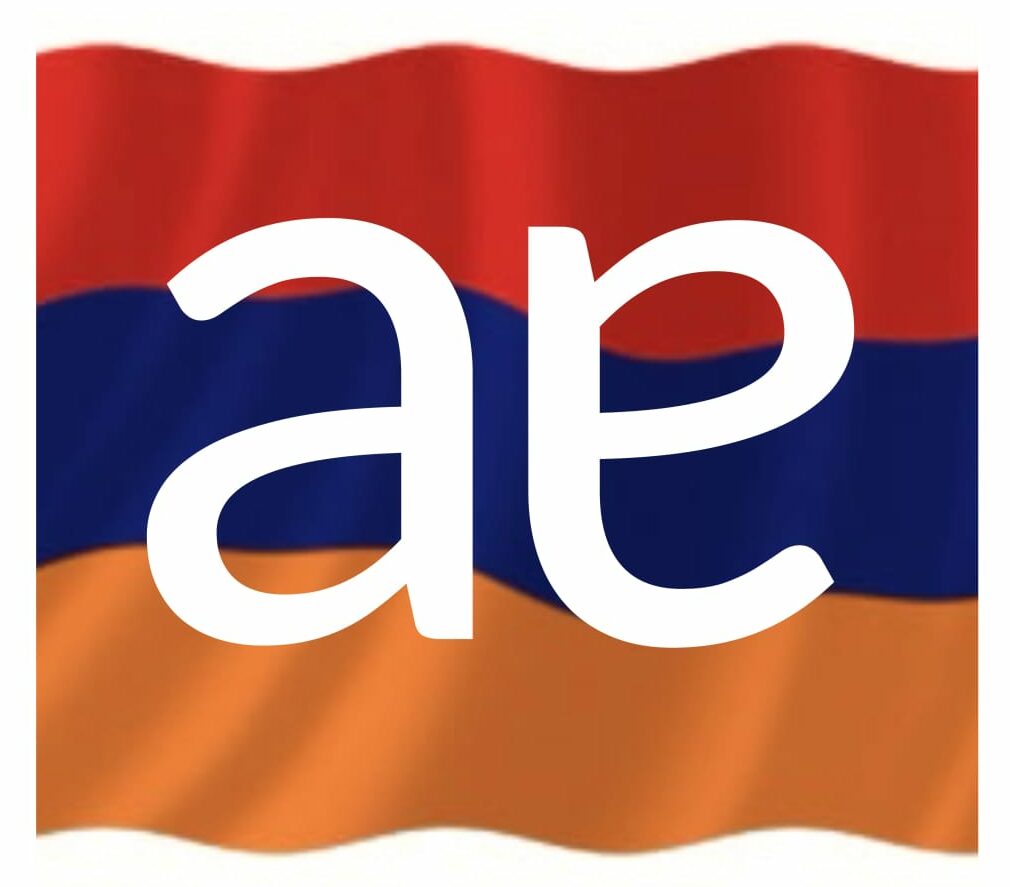
David Vardanyan, the son of Ruben Vardanyan, recently answered questions from the Armenian radio station AYPFM, currently broadcasting in France. Below is a full translation of the interview, with certain sections abbreviated for brevity.
— Before the trial began, your father, Ruben Vardanyan, took a bold step by declaring that this trial was entirely fraudulent: it would be based on falsified documents and pressure to sign protocols that had no bearing on reality. In truth, what can we expect from this legal proceeding?
— It is important to note that many prominent international organisations, such as Freedom House and Médecins Sans Frontières, have ranked Azerbaijan among the least free countries in the world. Therefore, we do not have high hopes for what can be called these “trials”. For example, my father received, last week, a dossier of over 20,000 pages written in Azerbaijani, with only three weeks to review it, relying on a translator provided by the Azerbaijani government. I cannot speak for others, but it is well known that my father’s case is being handled separately. However, I believe the situation is similar to others. Azerbaijan is simply not a free country, even for its own citizens, and it can never be considered one of Armenians.
— Despite these circumstances, it seems your father remains determined to defend his position, to make the world hear about what actually happened in Artsakh, and to defend his people. Do you feel that he intends to use this trial as a platform for his statements?
— Despite the torture and personal threats he has faced in Baku, my father has made it clear that the issue of the rights of the people of Artsakh is of utmost importance to him. He is resolute and unshakeable. He says that, despite the dangers, he wants to speak the truth. On the first day of the trial, 17 January, he also requested that the Azerbaijani court observe a minute’s silence in memory of all the victims of the conflict, regardless of their nationality. Despite the situation, despite the injustices faced both by him and other Armenians, my father wishes to emphasise that the only choice we have is to live in peace, without war, to engage in dialogue, and to understand each other.
— It is evident that this trial will be biased, and there is little doubt as to what the verdict will be, as Azerbaijan seeks to exact revenge on Artsakh. However, what can be expected from France or Europe in terms of support for the release of these prisoners of war?
— You are correct to observe that this “trial” is not an ordinary, open trial, as Azerbaijan simply does not have a functioning justice system. This is why the only defence available to Armenian prisoners of war lies in the reaction of the international community and the actions of democratic governments.
For instance, my father told me that his lawyer does not have the resources to properly prepare a defence. This is why it is essential to demand from Azerbaijan that, if this trial is indeed open, French, British, and American journalists should be allowed to travel to Azerbaijan, attend the hearings, and report on what is actually happening there. Despite the declaration of an “open trial”, only Azerbaijani state-run media are present.
Another crucial step would be for the French government to speak out more about this Azerbaijani injustice and to exert pressure on the European Union to halt all dealings with Azerbaijan. This is not just a matter between Armenia and Azerbaijan; it is also a matter of how Azerbaijan treats its own citizens. Currently, more than 300 political prisoners are detained in Azerbaijan, and if Azerbaijan is allowed to treat Armenian prisoners of war in this way, I am certain that the country will act similarly against Armenia, its own citizens, and even French and European tourists.
— Azerbaijan claims that France is already on the side of Armenia. But beyond France, which other international actors could exert pressure on Azerbaijan and President Ilham Aliyev? For example, do you expect any changes from the new US president, Donald Trump? Do you think his intervention could lead to any results?
— We had high expectations of the former US president regarding the Armenian Genocide. He made many promises to Armenians, but little was done. His words were not followed by actions. Today, we have new hopes with the administration of President Donald Trump. The president has stated that he will defend the rights of Christians in Artsakh, and we have seen that some of Armenia’s and the Armenian people’s friends have become part of this new administration. I know that human rights, and in particular the rights of Christians, are crucial issues for them, which is why we are hopeful that this administration and President Trump will help in securing the release of Armenian prisoners of war.
— If the verdict turns out to be unfavourable, and indeed it seems highly unlikely to be favourable, have you considered taking the case to international courts in order to raise the issue of their release at the level of international judicial bodies?
— The only thing I can say right now is that we will continue to work to ensure that the Azerbaijani government respects the rights of Armenians. This is crucial, but without strong international political support, these efforts will not be effective.
Main source: pastinfo.am

